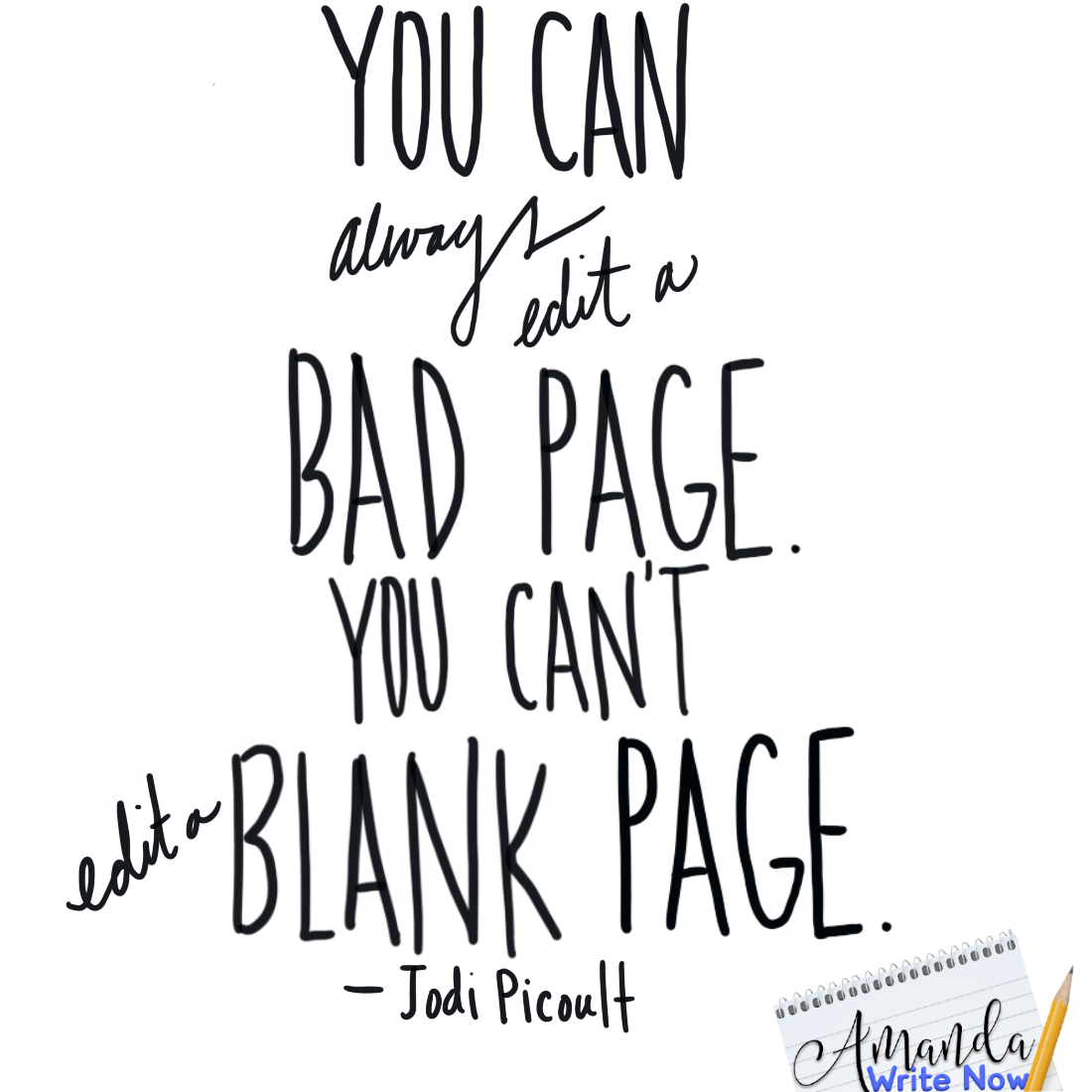
This is a three-part mini lesson series that will help you reach for the truth about writing with your students. Each post will include a mini lesson, not for the faint of heart. These mini lessons are for writing teachers who want to discuss difficult topics that aren’t usually discussed in a writing classroom, but that ALL writers are thinking about. We’ve taught using the step by step approach for too long…It’s time to get real with our students about what writing really involves. Here’s what’s in store…
Part One: Why Your Writing is Awful [This Article]
Part Two: Why Some Writers Are Better Than Others
Part Three: Why Some People Hate Writing
Don’t have time to read these articles? Listen instead!
Here’s the first mini lesson in this three part series of mini lessons…
The Hook
Say, “Have you ever reread your writing, thought ‘this stinks!’ and want to crumple your paper up? Or stared at a blank page unable to write. I have had these experiences too!”
The Teaching Point
Say, “Today I will let you in on a secret. 99% of the time your first, second, third, fourth and even fifth attempts to write a sentence are usually awful! And that’s just for one sentence! What about a paragraph or an entire story, article or blog post? The only way to write successfully is by writing and rewriting, more than you’d think!”
Many teachers teach these steps:
brainstorm, draft, revise, edit, publish.
When really it goes like this:
draft, revise, draft, revise, edit, draft, revise, draft, revise, edit, revise, revise again and again until the writer is satisfied enough to share their work with others!

Modeling
Pick a genre of writing, such as information, narrative or argumentative writing. Pick a topic within the genre and start writing in front of your students without any planning whatsoever to keep the experience authentic. You can use my examples for inspiration too:)
Write, rewrite and reread sentences over and over again until you are satisfied. This may take a long while, five whole minutes if you can stand it! Allow students to be shocked at how long it can take to really say what you mean.
“Students I think I’ll write about something I’m an expert on, teaching, no cats, no babies, no camping!” Change topics multiple times and say, “See I even redo my topic multiple times! Okay, watch me as I begin writing about the topic of camping”. Write in your notebook under a document camera. OR type.
Here is the same sentence rewritten many different ways:
Camping is so much fun but it can also be hard.
Camping is a way to experience nature but you must be prepared.
When a family decides to go camping they experience the beauty of nature, but they must be prepared.
Camping is a significant experience all people should have at least once in their life.
The crackling campfire, stories, hikes, wildlife and family make it all worthwhile but, how do you prepare so that you have a wonderful experience rather than an awful one?
How do you prepare for a camping trip so that you have a fulfilling adventure rather than a disastrous mishap?
Explain that sentences can be reorganized in many ways. Words can be added, taken away and rearranged. Commas can also be a powerful way to connect ideas in a sentence.
“So remember this…if you write something down once without rewriting it at all and say ‘done’, your writing is awful about 99% of the time. So just start, it is okay if your writing is awful, you can always change it.”
Practice
Have students discuss with a partner a possible writing genre and topic for the day. While students chat, voice over things like, “Remember, the more topics you have the better!” and “You could even go back and forth between genres too! Be wishy-washy. Remember trying out multiple genres, topics and sentences is how writers become powerful and successful!”
Instruct students to write a list of possible topics and have them write one sentence in many different ways about one of their chosen topics. Walk around your meeting area encouraging and praising students for their efforts. Then, send them off to write independently.
Work Time/Conferring
While students struggle to write and hopefully reread and rewrite, it’s time for you to support writers one-on-one, in small groups or through voice overs where you give tips to the whole class. Give feedback based on what your students need.
Voice Overs
Some students may write and write and write without rereading what they wrote. Make sure to do voice overs like, “I love how I see about five writers rereading what they wrote.” Or “These writers have crossed out so many sentences, it’s wonderful to see!”
Small Group
Some students may be stuck on a topic to write about, since the sky is the limit. You can call a small group over to help list possible topics based on student interest.
One-On-One
Call students over to your table to explain their reasoning for crossing certain sentences out and coach them on how to rewrite the sentence multiple times. Coach students to write sentences in whole new ways!
Click here for different ways to go about conferring.
Closure…
Allow students to share their writing and the struggles they face. The more honest you are with students about the struggles of writing the more honest they will be with you. Students appreciate teachers who are real with them, so be real, admit it, writing is hard!
0 Comments